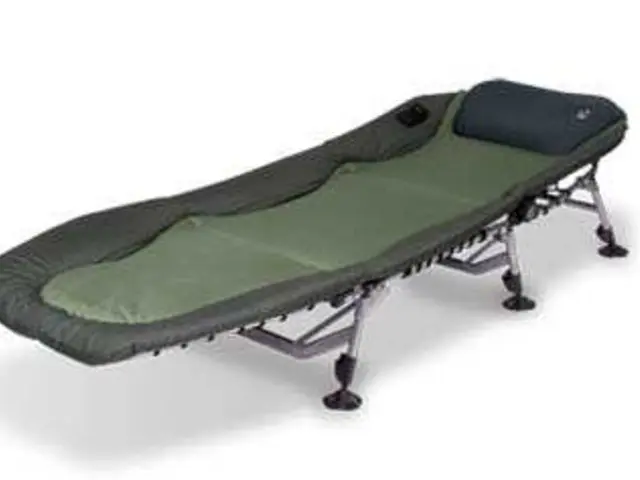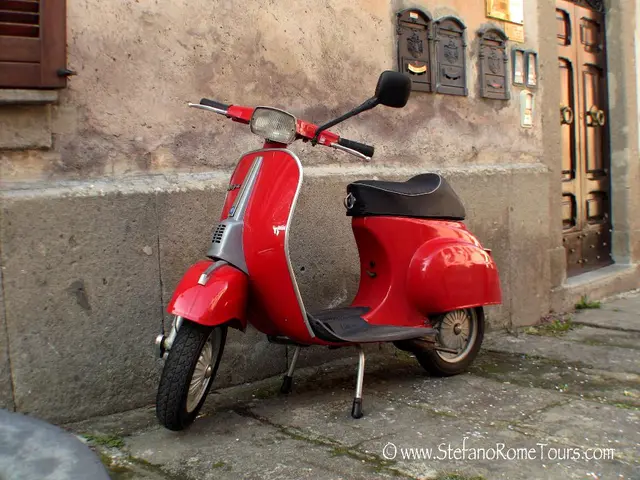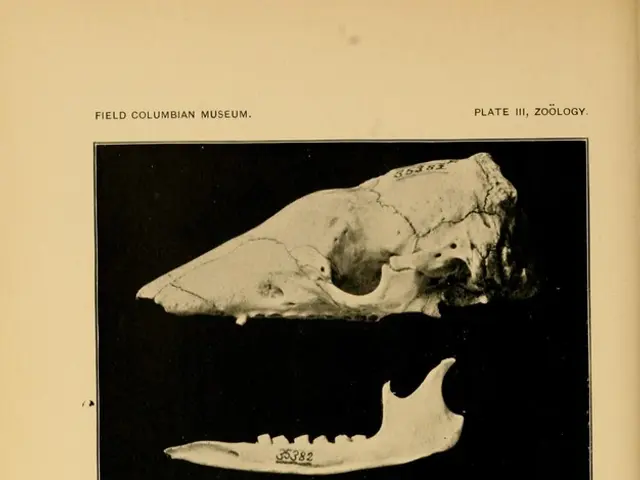maturing talent in Japanese figure skating: the expanding skating world in Japan boasts skilled athletes of any age
Skating Past the Age: The Surge of Figure Skating Among Japanese Seniors
Embrace the idea that old dogs can learn new tricks, because that's exactly what's happening in Japan with seniors hitting the ice rinks for figure skating classes and recitals. Fueled by inspiration from favorite elite skaters, anime, and manga, adults, young and old, are diving headfirst into this winter spectacle.
On a Saturday in mid-March, around thirty individuals gathered at the Mao Rink, a newly opened facility in Tachikawa, western Tokyo, for a figure skating class. This gathering was orchestrated by Aki Sawada, a former figure skating star who placed fourth at the 2007 Four Continents Figure Skating Championships, now coaching skaters in the Kansai region of western Japan. The participants? Housewives, workers, and even a graduate student, among others.
"Figure skating strengthens the core and is good for your health," said a lady in her 70s from Toyonaka, Osaka Prefecture, who joined the class with no prior sports experience but a history of watching figure skating competitions. With a smile, she shared, "We all have to die one day, so I want to do what I want now."
Classes typically cost from 2,000 to 5,000 yen per session. A woman in her 40s from Nishinomiya, Hyogo Prefecture, who also attended the camp, shared that she once thought figure skating was exclusive to the wealthy. However, she quickly amended her notion. "It doesn't necessarily cost much," she said. "As a lesson for adults and a lifelong sport, I would like to improve my skating skills while I'm still working."
Ryo Shibata, a professional figure skater invited as a special instructor, demonstrated the foundations of figure skating and the elegance of posture. Shibata noted a recent surge in adult skaters and expressed the importance of teaching them because they are passionate about learning.
At Kozuka Academy, another school managed by a former Olympian, classes are fully booked in minutes of opening. Adult figure skating competitions, held under the International Skating Union since 2005, attract skaters over 80 years old. With opportunities for mature-age skaters increasing across the country, the number of figure skaters enjoying the sport as a hobby grows.
Despite the growing popularity, ice skating rinks face operational challenges due to the aging population and escalating maintenance costs in Japan. They rely on revenue generated from public fees.
Sawada revealed that several adult skaters started skating after watching anime about figure skating, while others expressed a desire to mirroring the moves of their favorite skaters. Many of these older skaters have been impacted by a rich legacy of world-class Japanese figure skaters, including Yuzuru Hanyu, Mao Asada, Kaori Sakamoto, Shoma Uno, Shizuka Arakawa, and Olympic silver medalist Midori Ito, who won an international competition at 54 years old in 2024.
According to Sawada, increasing awareness of skating facilities and classes for seniors across various regions would catalyze a growth in the number of individuals enjoying figure skating as a hobby.
- The surge of figure skating among Japanese seniors is not limited to the Kansai region; it extends across various prefectures in Japan.
- Many seniors, inspired by their favorite elite Japanese figure skaters such as Mao Asada, Yuzuru Hanyu, and Midori Ito, are enrolling in figure skating classes.
- Aside from health benefits, figure skating also serves as a form of entertainment and a means for personal enjoyment among Japanese seniors.
- The popularity of figure skating as a hobby among adults has led to an increase in the number of competitors taking part in sports under the International Skating Union.
- The growth of figure skating among Japanese seniors challenges the misconception that the sport is exclusive to the wealthy, with class costs typically ranging from 2,000 to 5,000 yen per session.
- The world of figure skating and health-and-wellness are intertwined, with many seniors citing the physical fitness and exercise aspects as motivations for joining classes.
- The growing number of figure skaters enjoying the sport as a hobby contributes to the vibrant culture of fitness-and-exercise and sports in Japan.
- However, the future of figure skating in Japan is threatened by the Challenges faced by ice skating rinks, including the aging population and escalating maintenance costs.








